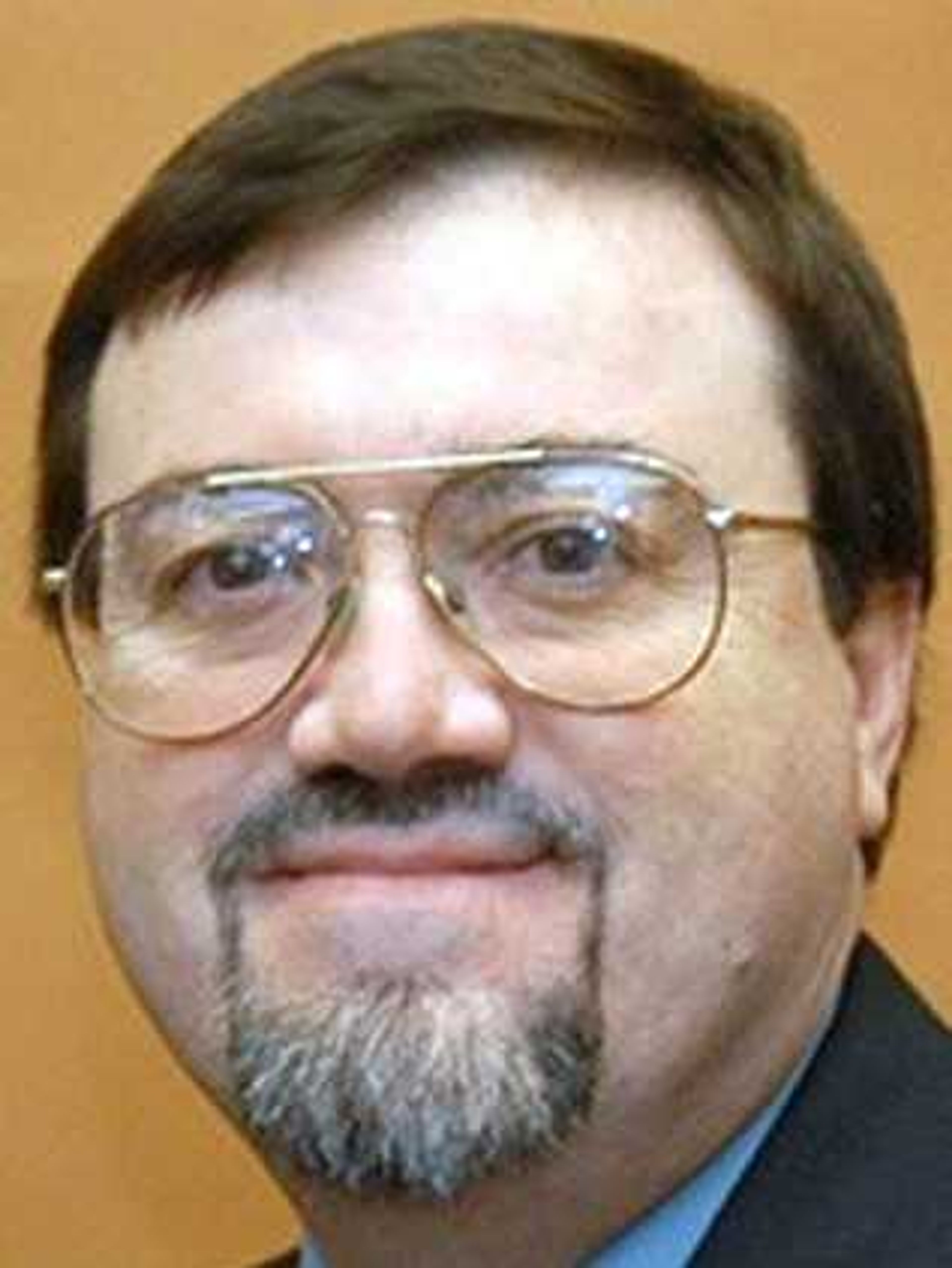A new course offered by Southeast Missouri State University’s Continuing Education aims to give practical experience and instruction to potential contact tracers to aid in the fight against COVID-19’s spread.
John Kraemer, professor in Southeast’s biology department and director of the Center for Environmental Analysis, said the course expands on training modules available online for free from institutions such as Johns Hopkins University.
A contact tracer is a person who reaches out to individuals who may have been exposed to COVID-19, and gathers information from those who may have been exposed, to help limit the disease’s spread, Kraemer said.
The job isn’t an easy one, as it’s essentially cold-calling people who may have been exposed to COVID-19 and asking them some fairly personal questions, Kraemer said. “But the product you’re trying to sell here is a healthy public.”
And, he said, the online training is valuable, but doesn’t offer practical experience.
That’s where Continuing Education’s training comes in.
Christy Mershon, interim director of the Economic and Business Engagement Center and Continuing Education at Southeast, said the course is divided into five modules, and includes an overview of COVID-19 basics, how to perform contact tracing, practicing the questions and methodology, and building communication skills — how to be an active listener, when to escalate a case to a supervisor, and identifying resources people might need.
“We think practice is so important,” Kraemer said. “We want the contact tracers to be professional and correct in what they’re asking, but also to be able to listen and understand the conversation, and lead the discussion so they can get information they need and give information to affected people.”
The course has a limited number of seats for a socially-distanced, face-to-face class at the university, and Mershon said she encourages people to sign up for the Zoom option.
“We want to create a cohort of contact tracers,” Mershon said. “As we continue, contact tracers will need their own support system.”
And, she said, this cohort will be on an email list together, creating an information network that can help keep people updated as information on COVID-19 evolves.
“The ability to stop COVID-19 will depend on having good information, and contact tracers are vital,” Mershon said.
This course will also allow for discussion of the material.
“You don’t get that nuance from watching a video,” Kraemer said.
Mershon said the course will include six hours of content, and participants are encouraged to take the online contact tracing courses while they’re being offered for free.
More information on online courses is at cdc.gov/coronavirus/2019-ncov/php/contact-tracing/general-training-modules.html.
For the Continuing Education course, the fee is $50, or $25 for Southeast students or health care workers.
For more information or to register, call (573) 986-6879 or visit engage.semo.edu/register.
Connect with the Southeast Missourian Newsroom:
For corrections to this story or other insights for the editor, click here. To submit a letter to the editor, click here. To learn about the Southeast Missourian’s AI Policy, click here.








